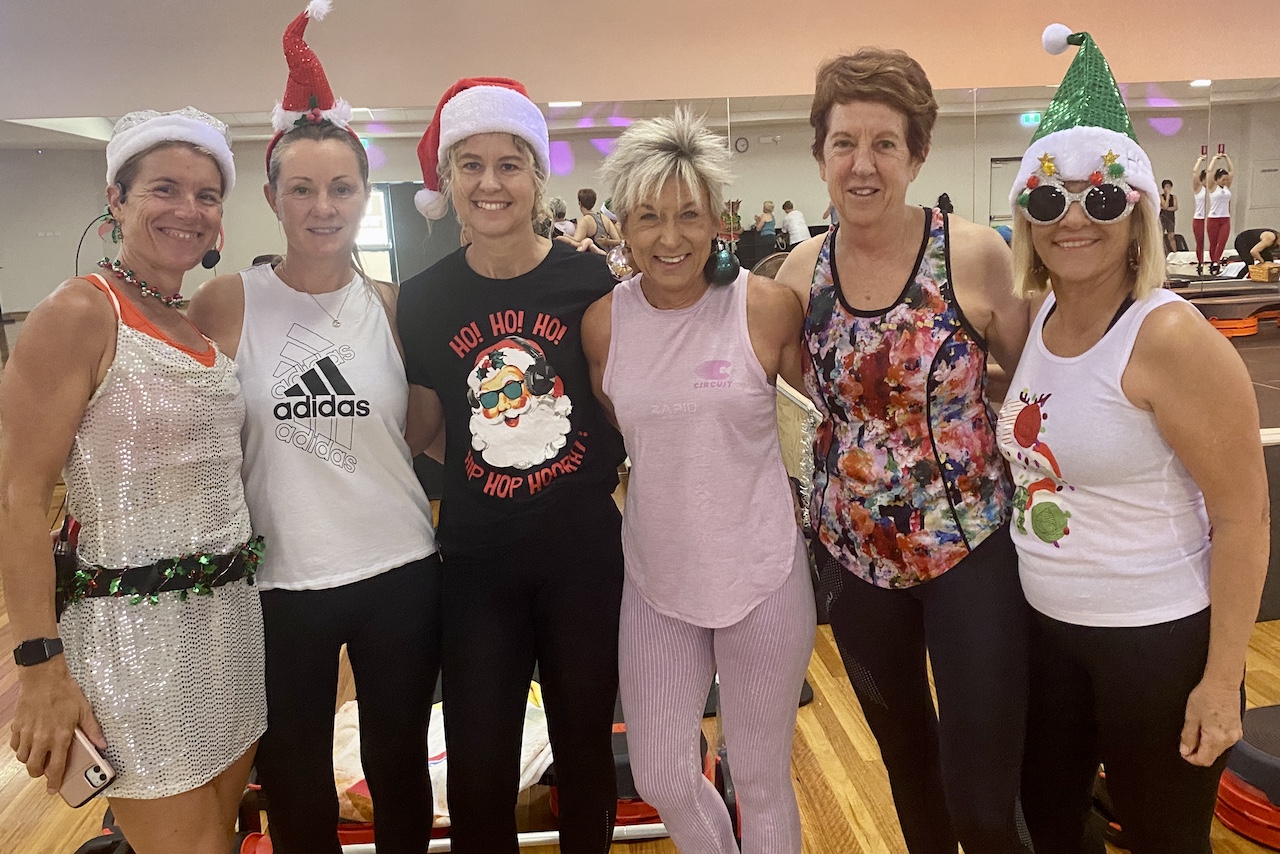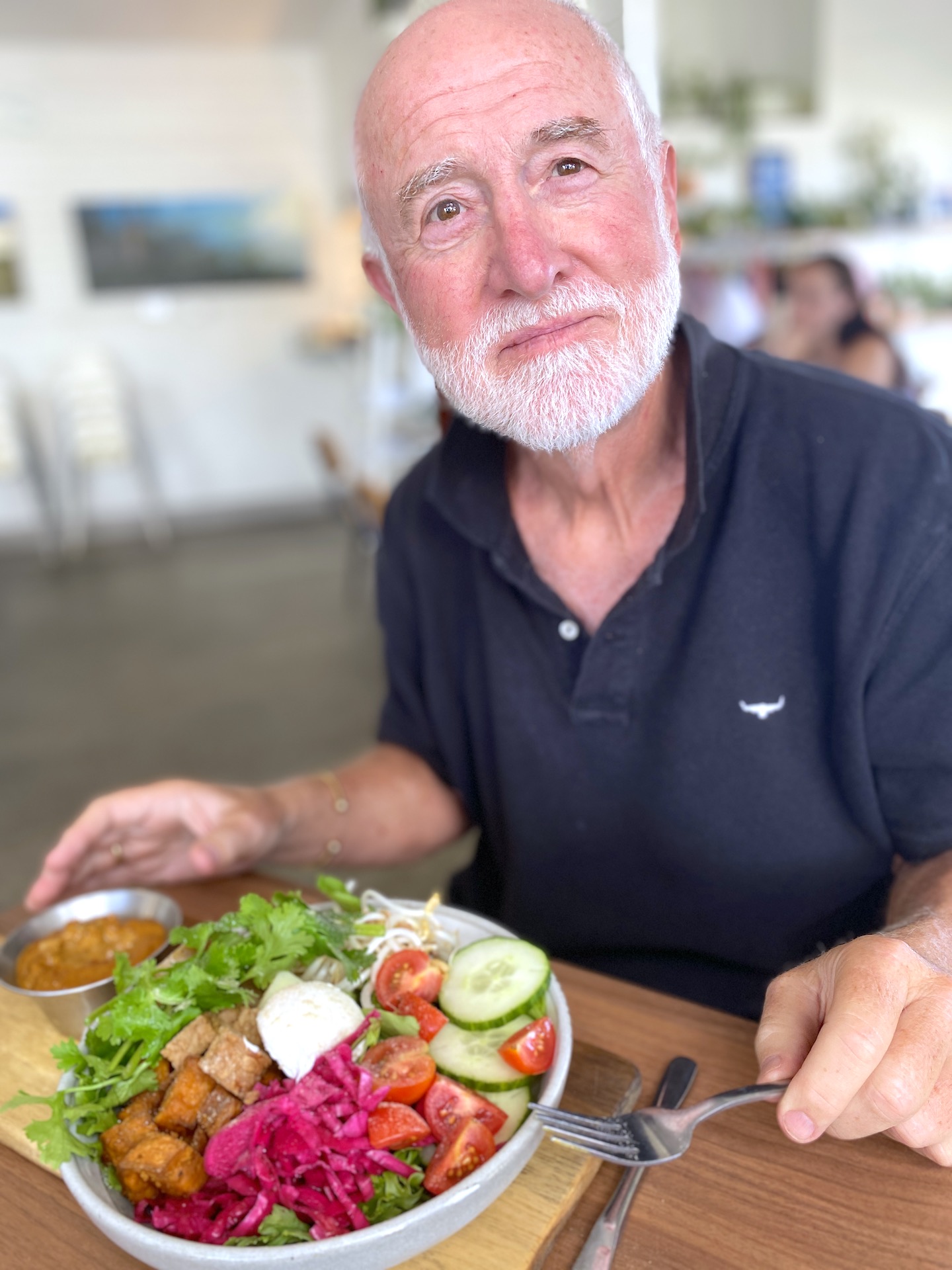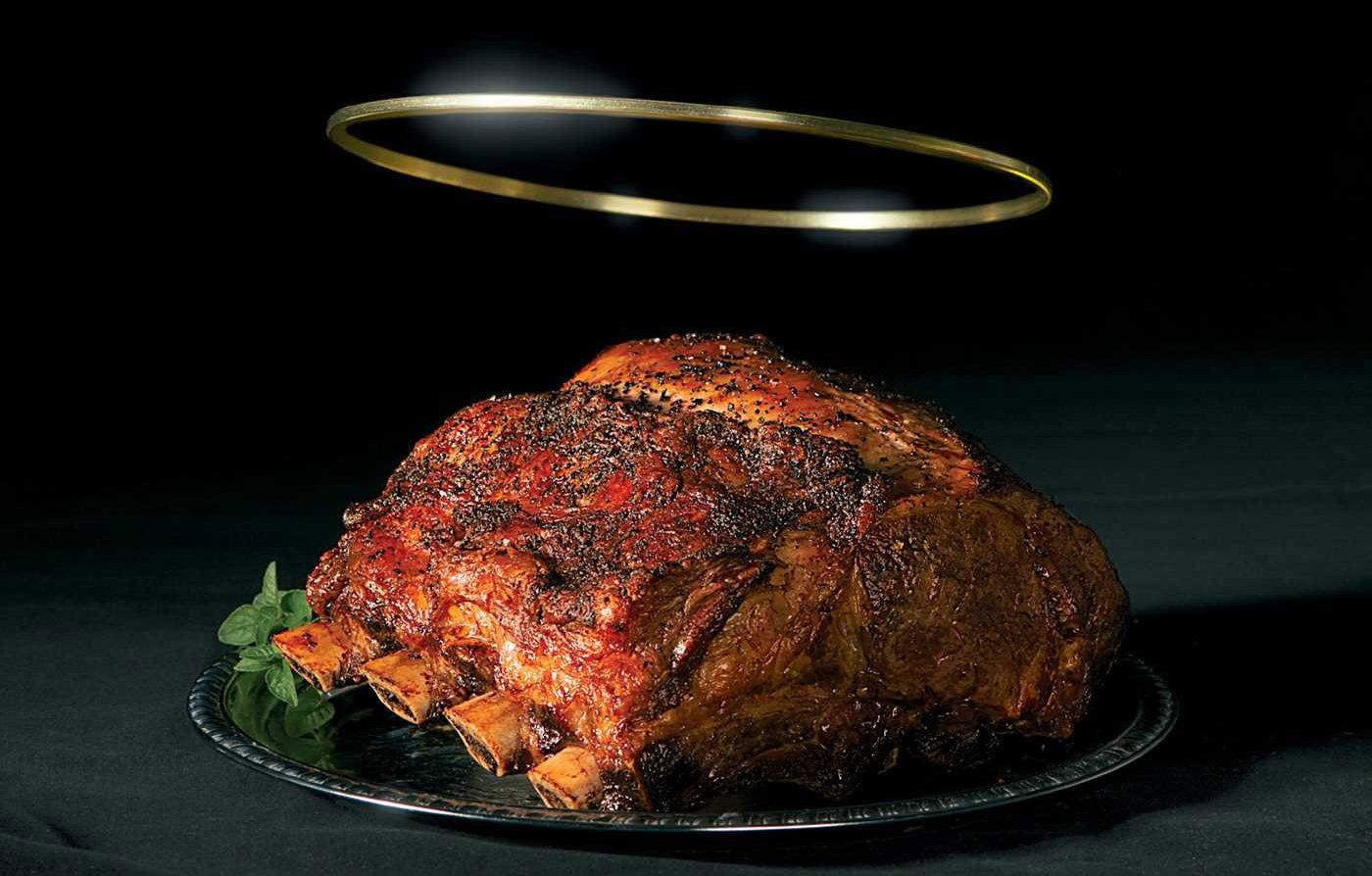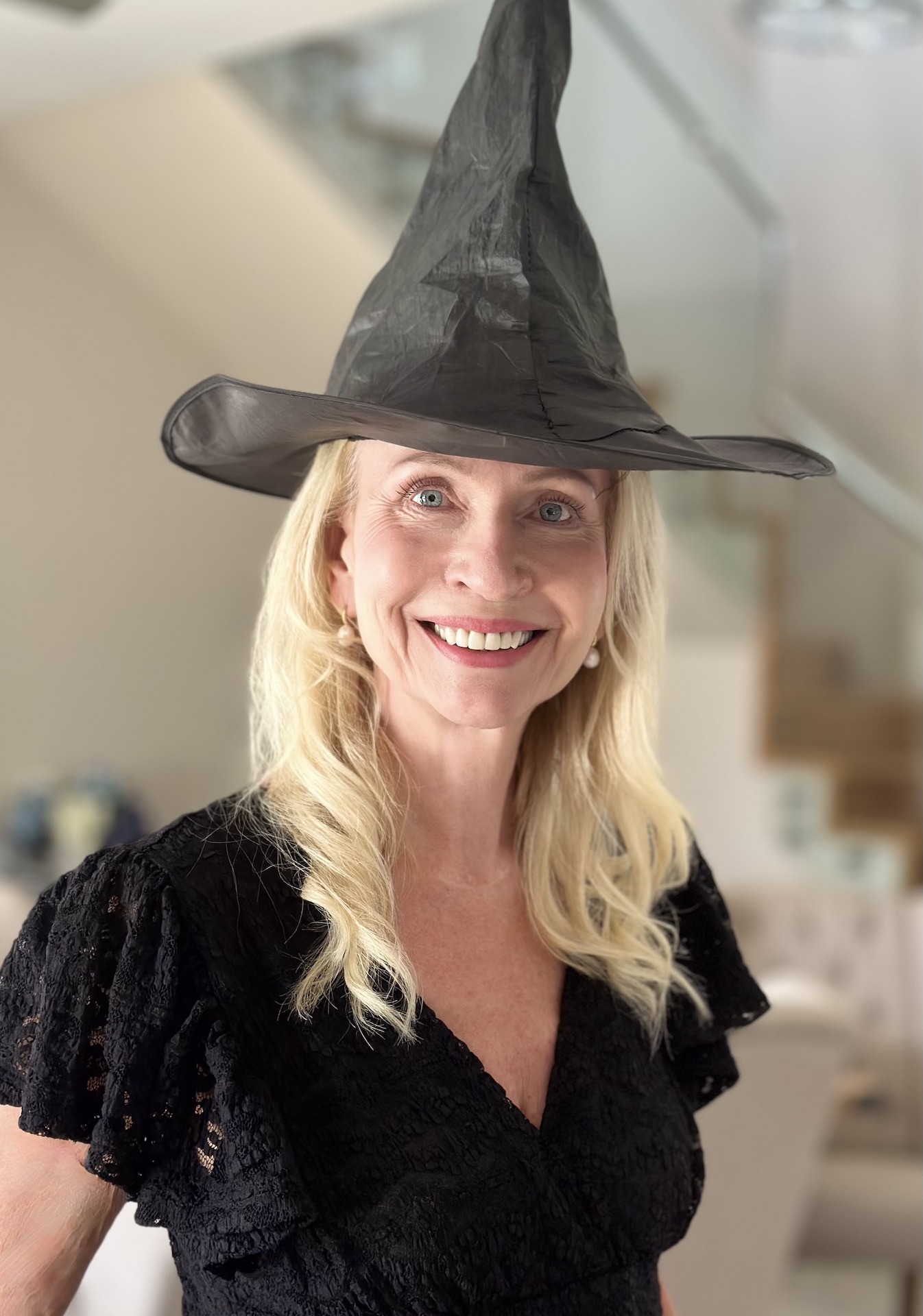The disgraceful fabulosity of ageing backwards; eat for longevity – all hail to cake!; Dave Asprey’s plan to maybe live forever; Dr Kara Fitzgerald; take this ageing backwards quiz!; epigenetic tests to measure ageing; eating for longevity; would you eat a politician?; time-restricted eating; destressing for longevity; grounding, walking in nature
Feature photo, above: My crazily energetic Les Mills Pump class friends at Craigie Leisure Centre
You know the slightly lame jokes some of us start making about birthdays after a certain age: “I’m not having birthdays anymore” (a bad idea), or “I’ve started counting backwards”.
While it would be a dreadful shame to renounce the champagne, cake, prezzies and general hurrah-ness that go with celebrating the anniversary of ones birth, actually ageing backwards would be a fabulously disgraceful approach to getting older.

Ageing Backwards
One of my favourite longevity gurus is Dave Asprey, known as the father of biohacking and dedicated to reversing the ageing process. He claims to be doing it, and says he plans to live to 180. In fact, he wrote a great book titled Superhuman: The Bulletproof Plan to Age Backwards and Maybe Even Live Forever.

But there are many others I like who are not necessarily men nor rich, such as leading anti-ageing researcher Dr Kara Fitzgerald.
Reversing Your Bio Age
Dr Kara Fitzgerald, Younger You: Reverse Your Bio Age and Live Longer
Using Functional Medicine principles, Dr Kara Fitzgerald has done ground-breaking research that shows it’s possible to reverse ageing through diet and lifestyle changes. Her study used healthy men (aged 50-72) in an eight-week intervention that reversed their biological age by an average of 3.24 years compared to the control group. More than three years younger in just eight weeks – that’s incredible! Imagine what a decade or two could achieve.
Measuring ageing
To measure ageing, she used the Horvath biological age clock developed by a biostatistician named Steve Horvath in 2013 – before that, telomere length was the gold standard. But Horvarth himself has pointed out that the test results need to be cross-referenced with other important health metrics like weight and blood pressure.

Everyone loves a quiz
Click on this link to Kara’s quick and easy quiz to roughly estimate your biological age on the basis of lifestyle and physiological factors. (I’ve done this test twice. First time round, the number was not much less than my actual age. Disappointing! – I expect the figure to be at least ten years in the black, so to speak.
So I did it again with only slightly different answers and achieved a much more satisfactory outcome: a biological age nine years younger than my current chronological age. Sort of like going for a second opinion when you don’t like the first one.
Dr David Niven Miller: Grow Youthful
Then Roy me found me this even better and more comprehensive online quiz for establishing biological age: Grow Youthful – health at any age, at growyouthful.com.

He did it too. Both of us tried to be as honest as possible – I even admitted to 8-15 alcoholic drinks a week!… possibly a bit higher than my actual average*. In spite of that, the results were great. The algorithm separately congratulated both Roy and me on exceptional health and wellbeing, putting our respective biological ages of 56 and 49.
Try the quiz for yourself here.
(* Studies show that average weekly alcohol consumption will naturally increase during: high days and holidays, your birthday week, a week in which anyone you know has a birthday, and any week that ends with a weekend.)

Optimising Your Epigenome for Ageing Backwards
Kara Fitzgerald has focused on DNA methylation, the science of which is guaranteed to cause eyes to glaze over – including mine. Simply put, it’s an epigenetic mechanism used by cells to control gene expression. Though genes/DNA are fixed (like hardware), it’s the lifestyle-influenced epigenome (software) that regulates which of our gazillion genes get read, i.e., switched on or off. (Here’s a nerdy link for any rocket scientists out there.)
So, how do we optimise our epigenome so as to slow down or even reverse biological age?
#1 Eat for longevity
Kara’s study group ate a diet high in methyl donors like betaine (including beets), choline (in eggs), B vitamins (liver) and greens; they kept it low-glycaemic and anti-inflammatory by excluding sugar, processed food, grains, legumes and dairy.
Polyphenols are important longevity agents. You’ll find these epi-nutrients in plant-based foods like black and green tea, coffee, curcumin, cloves, dark chocolate, fruits and berries, beans, nuts, vegetables, etc. (Oh, and red wine. Yay! Though, thanks to thought-leaders like the American neuroscientist Andrew Huberman PhD, there’s a strong and growing anti-alcohol lobby – click here and here for two of my alcohol-related posts, The Grape Debate Parts One and Two.)
Let them eat crickets?
As omnivores, I try to include plenty of protein in our diets. Plenty is said about eating the rainbow (i.e. plants); and not nearly enough about the central importance of protein, the best and most bio-available sources of which come from the animal kingdom.
WEF founder Klaus Schwab and his scary mob did not set the current anti-meat-eating bandwagon rolling. For that, we have to thank the visionary fervour of Ellen G. White, founder of the Seventh Day Adventist church; and in particular John Harvey Kellogg (1852-1943), the ardent vegetarian, masturbation-denouncer and inventor of the cornflake. If this is news to you, click here for the sensational background to the modern-day cult of veganism.
But it suits the agenda of well-fed globalist billionaires and other psychopaths intent on drastically reducing world population by whatever means: (a) starving us by driving agriculturists off their lands on the pretext of climate change; (b) weakening and killing us off with forced and hugely profitable pharmaceutical interventions; and (c) who even knows what else. While the hapless serfs are reducing to eating worms and crickets, they will no doubt continue to feast on oysters and ribeye.
I like what Dave Asprey (mentioned above) says about politicians calling for us to eat crickets. He won’t do it, he says: politicians are made of meat, and he would rather eat a politician than subsist on insects. Go Dave!
#2 Not eating, also for longevity: time-restricted eating
Deliberately going without food for a stretch of time signals to your cells that it’s time to clean house. Click here for my post (titled #19 When to Eat), where I talk about how intermittent fasting and time-restricted eating promote autophagy. I also explain how well a 16:8 or 18:6 eating window has been working for Roy and me.
In short, intermittent fasting is any eating pattern where you deliberately cycle between fasting and eating. It’s not just about cutting down on the amount you eat, though that’s part of it: I find that we naturally tend to eat a bit less overall on these regimes. And when you pay attention to what you feed your face, you may be more likely to make better choices. Arguably as important as the calorie reduction, however, may be the hormonal effects (insulin, leptin, ghrelin and more) of giving your body a break from food.

#3 Exercise for longevity – or even ageing backwards
If the pharmaceutical industry could somehow bottle the longevity effects of regular exercise, it would be hailed as the elixir of youth. Along with nutrition and good sleep, I think it’s one of the three main pillars of health and longevity.
Most experts agree that while exercise is potently anti-ageing, overdoing it can in fact be pro-ageing. Kara Fitzgerald’s study group (mentioned earlier) did just 30 minutes, five times a week, of whatever they liked doing.

While I haven’t always thought this way, I’m starting to think there may be a sweet spot for everyone: a Goldilocks amount of exercise that’s not too little, not too much, but just right. As for me, I exercise most mornings and I love it – sometimes at a gym class to get some resistance training and strengthen muscle, but whenever possible outdoors so as to benefit from fresh air, sunlight and grounding.
But I’ll do one Body Pump class, or a yoga class, or go for a 45-minute jog or HIIT session or a long beach walk. I don’t feel able to follow my Pump session with a back-to-back Tone or Combat class as some of my amazing gym friends of a similar age seem quite comfortable doing… and more power to them!
Tribute to the heroic Roy
Also, I very seldom run to exhaustion these days… though I have started treating my Sunday morning Iluka-to-Mindarie 6.5km coastal path trot as a personal time trial. (No, I won’t mention my time… nowadays, it’s far too slow to boast about.) How do I get back home? Well, Roy sets his alarm and drags himself away from his well-deserved beauty sleep to meet me at Sistas cafe, Mindarie Marina, for coffee. Then he drives me back home. Thanks, Roy!
True story
For fit people who enjoy exercise, it can be easy to overdo it… and to ignore signals from your body. There’s a beautiful, strong and super-fit woman in my neighbourhood who trained to run the 2023 Berlin Marathon with her husband. Halfway through, she developed significant knee pain, but decided to “run through it” and completed the race.
So severe was the damage, however, that I understand she had to eventually undergo a full knee replacement. That’s an extreme scenario with an unlucky outcome. But it’s easy to understand what would make you persevere through the pain: All that training, all that expense, and all those expectations!… even if they’re only your own.
So, I’m coming a little bit closer to Roy’s mindset: that when it comes to exercise, less is more. He has set up a moderate exercise programme for himself that he enjoys, practises consistently, and hopes will be sustainable for the long term.
#4 Stress management
Recognising that “stress is gasoline on the fire of ageing”, as she puts it, Kara’s Fitzgerald’s longevity reduction study group also received support with sleep and meditation.
Take stress seriously, she says, and optimise time out. Here’s an idea: if you don’t yet have a meditation practice, try mini-meditations. I use the ones on my Oura ring, sometimes first thing in the morning or last thing before bedtime, and I’ve also done a few Deepak Chopra ten-minute meditations on the beach, where I’m unlikely to be disturbed. I’d like to do much more, though.
Maybe I’ll become better at meditating when we’re in our own house, within the next six months or so (with any luck). There’ll be more spaces to be alone in, for starters.

Grounding
Speaking of the beach, going barefoot on the sand is a wonderful way to get grounded and lower physiological stress; so is a dip in the ocean, or any body of water.
Grass should be a good alternative. Unfortunately, our public parks here in Iluka are treated with toxic glyphosate – when will the authorities finally wake up? – so for now I think it best to avoid any sort of contact with the grass in public spaces.

Walking in Nature
Not everyone is lucky enough to live on the coast, let alone near one of the many exceptionally beautiful and safe beaches we have here in Western Australia.
Another option is whatever bush, forest or parkland you can easily get to. Suburban Perth is generally blessed with excellent parks – Sir James McCusker Park, for example, is within five minutes’ walk of our home.
Then there’s plenty of protected bushland with laid-out paths (mind the snakes, don’t step on a bobtail, and hope you get lucky and spot a bandicoot), like the Craigie Bushland right next to our fabulous gym at Craigie Leisure Centre.

Benefits
It’s been said that the majority of people suffer from a deficit in nature exposure. It stands to reason: after evolving as a species in the midst of a natural environment, we’re now mostly confined to closed-in, possibly heated or air-conditioned spaces lacking natural light and devoid of plant-life.
There’s actually an Association of Nature and Forest Therapy Guides and Programs: click here for an explanation of how and why spending time in a forest reduces the stress hormone cortisol and helps you relax. It turns on the parasympathetic or rest-and-digest system, so you conserve energy, your heart-rate slows and blood pressure drops.
What’s more, it’s been shown that our immunity system benefits from exposure to the natural chemicals called phytoncides that plants release into the air.
Up next?
Firstly, any suggestions?
As Roy and I are heading for the UK and France during May and June, I’ve been pondering which key supplements to take along… to pack enough for seven weeks away is unfeasible. So, maybe a post on supplementing in general, or focusing one or more supplements in particular. Let me know what you think.






















Very interesting read Verne. Well done